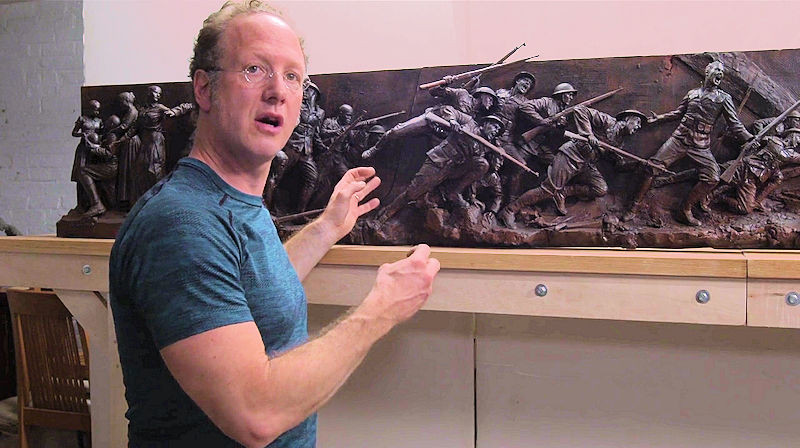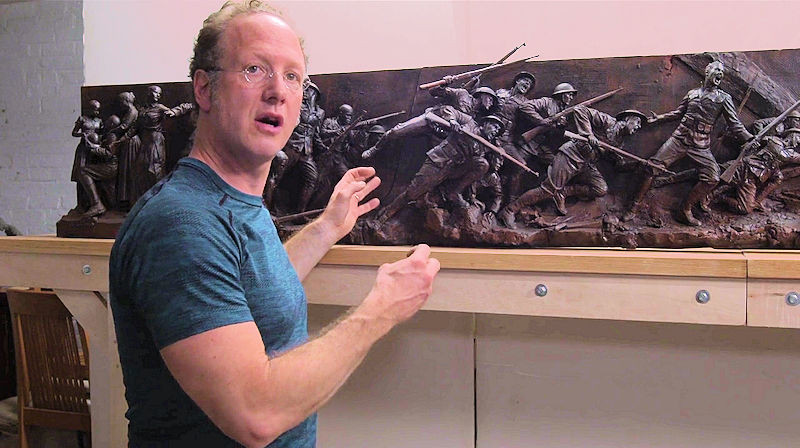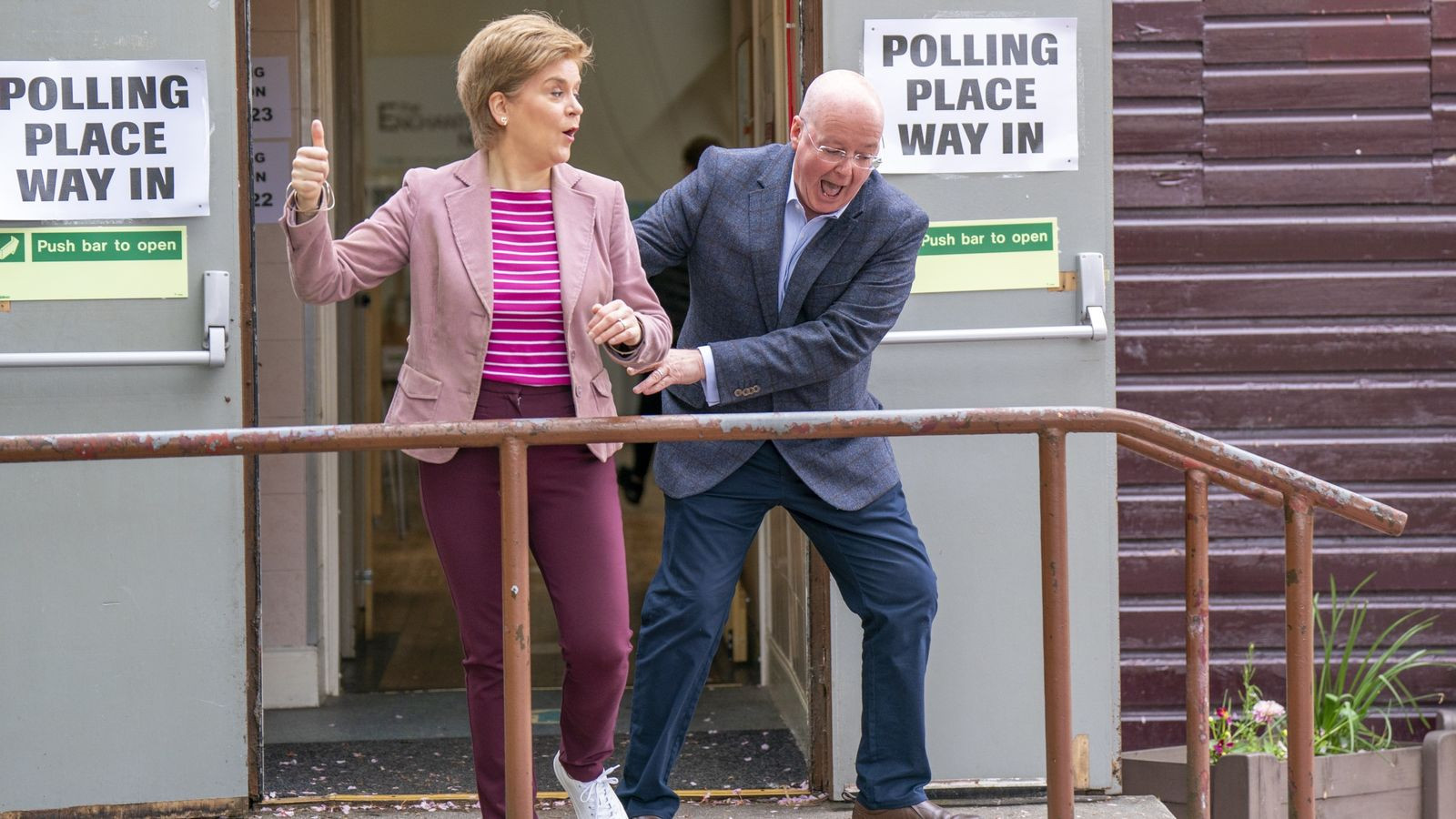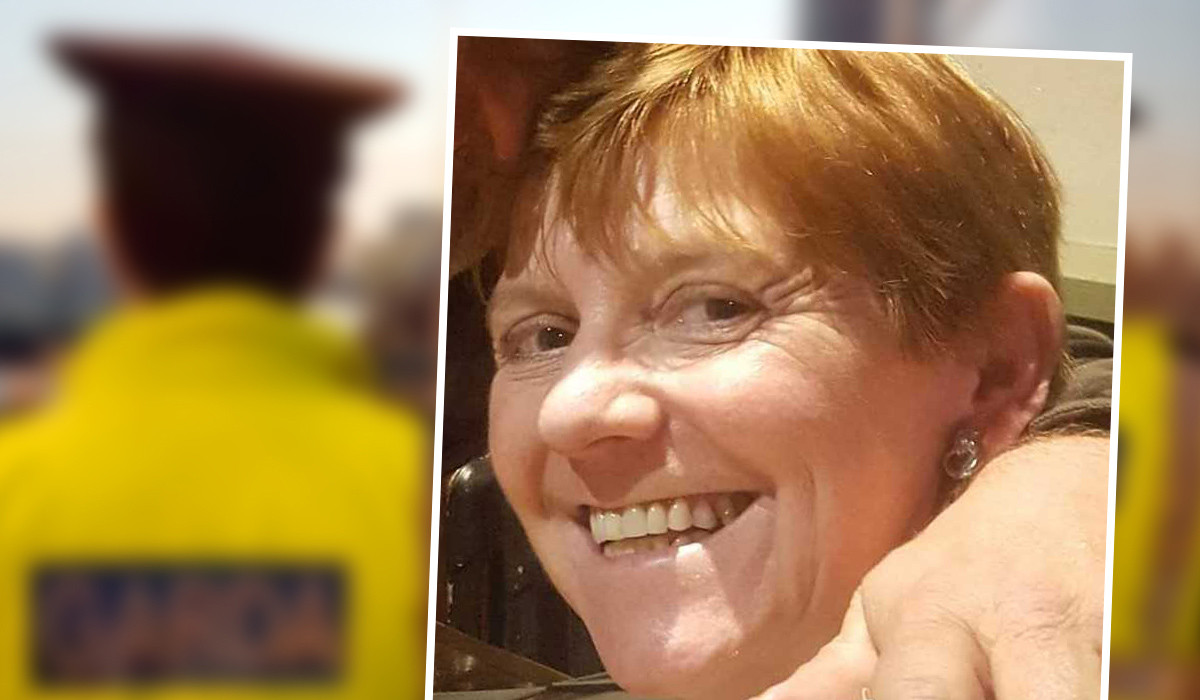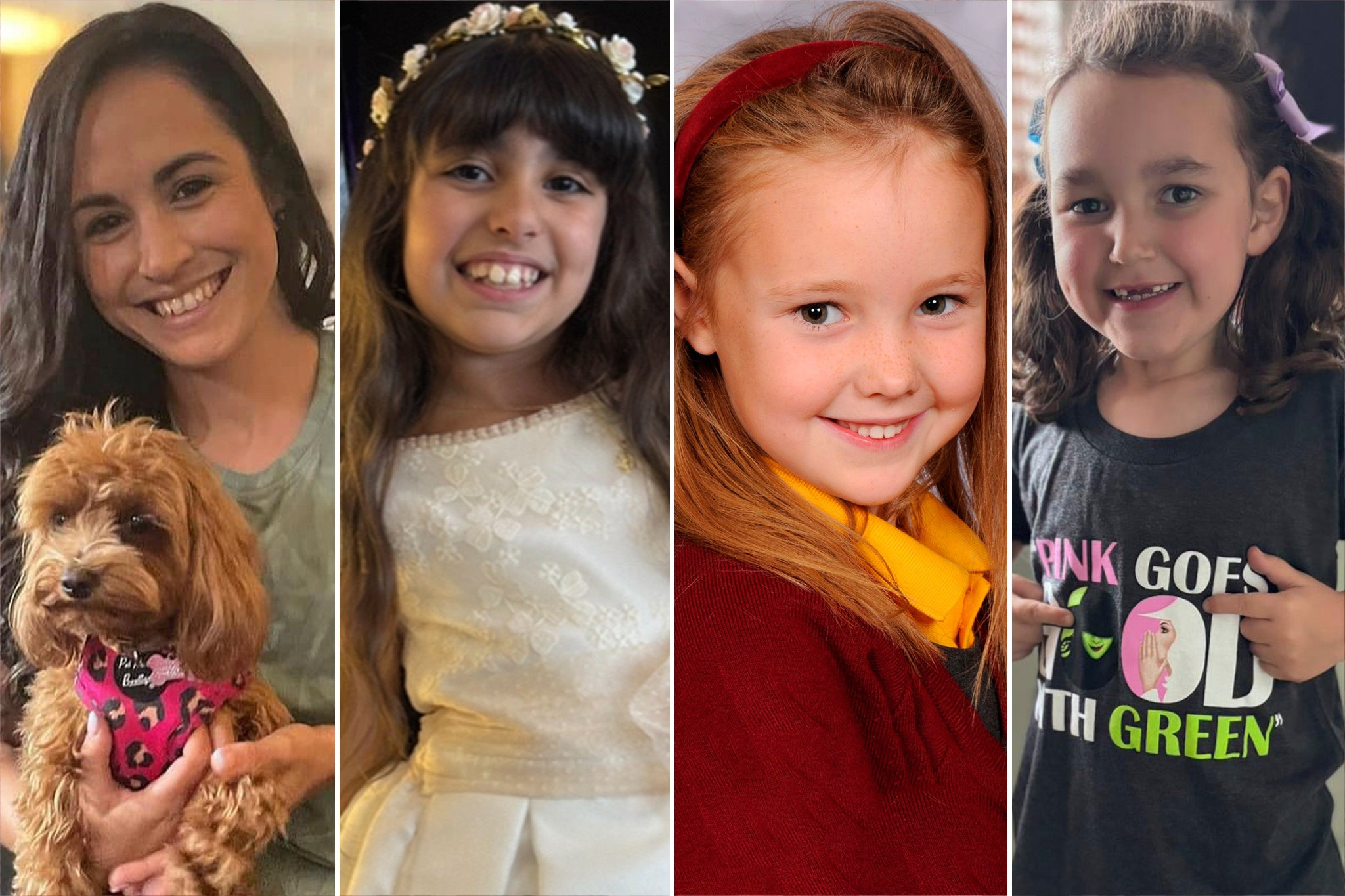More than a century after the fighting stopped in November 1918, the legacy of the more than 4.7 million U.S. service members who served in World War I has been brought to life through a towering display illuminated for the first time in late September at the nation’s monument commemorating the Great War.
The centenary of the Great War has provided Washington D.C. with the unique opportunity to give long-overdue recognition to the 4.7 million Americans who served during the war. Funded purely by private donations and managed by the Doughboy Foundation, Sabin Howard’s new 58-foot-long, 25-ton sculpture with 38 full-size figures in high relief follows the story of a doughboy–as American World War One soldiers were called–entitled “A Soldier’s Journey”. The moving memorial is just southeast of the White House on Pennsylvania Avenue in Pershing Park, which also features the bronze statue of General John Pershing, the commander of the American Expeditionary Forces (AEF), and an ornate granite wall inscribed with maps and the history of US combat operations in the Great War.
A Soldier’s Journey, a complex story of triumph and sacrifice that defines America’s involvement in the war through a series of scenes featuring a recurring figure: a soldier who answered the call to serve in battles that raged an ocean away.
In the first scene, the soldier’s daughter hands him a helmet as he kneels in the embrace of his wife. Next, the soldier moves toward a figure gesturing him toward battle as his wife grasps his arm in a bid to restrain him from answering the call to arms. The remaining scenes follow the soldier through violent clashes alongside his comrades and the shock of battle portrayed through a bewildered stare before culminating in a proud march underneath the nation’s flag before he is once again reunited with his daughter.
The sprawling 25-ton bronze composition combines 38 total figures to tell the story of the war, capturing the broad range of American men and women from all walks of life who answered the call. “This mammoth, epic, 60-foot bronze is about humans,” sculptor Sabin Howard said on Friday as A Soldier’s Journey was illuminated for the first time in a sunset ceremony. “It is a memorial about us, ‘We the people,’” he said. “It is a project that represents the everyman, the ones who make this country possible.”
During the ceremony, each section of the statue was illuminated separately as Howard narrated each scene. Howard said the legacy of those who served more than 100 years ago lives on to this day. “This monument is a statement about what we can be as a country, as a nation,” he said, adding that he, as the sculptor, is “in service of something bigger than myself.” “I learned this from the combat veterans that posed for me,” he said. “I used Army Rangers, Marines and Navy SEALs. All of them have experienced the horrors of war. Their faces are in this bronze forever. They are in direct lineage to those young men and women that left our shores 106 years ago.”
The sculpture serves as the centerpiece for the 1.76-acre National World War I Memorial situated along Pennsylvania Avenue, just steps from the White House. In 2013, Congress authorized the U.S. World War I Centennial Commission to establish a national memorial honoring those who served in World War I. The memorial first opened in April 2021, and Friday’s illumination ceremony marked the completion of the decade-spanning endeavor to honor those who served and the 116,516 U.S. service members who lost their lives in the first war to engulf the entire world.
In addition to the sculpture, the memorial features a statue of U.S. Army Gen. John J. Pershing, who commanded the American Expeditionary Force during World War I, and a 10-foot-high wall containing battle maps from the war. It also houses the Peace Fountain, a water cascade on the reverse side of the wall bearing A Soldier’s Journey that bears text from Archibald MacLeish’s poem “The Young Dead Soldiers.”
Terry W. Hamby, chairman of the World War I Centennial Commission, said the memorial “comes to life in a way that few memorials could” with completion of the sculpture. “The startling realism and epic scale of this sculpture serve as a testament to the courage and dedication of every soldier who has served and continues to serve,” he said. “It captures the essence of their journey, the challenges they face, the strength they exhibit, the spirit that drives them forward and those they left behind and fought to return home to.”
In addition to the first illumination of the sculpture, last week’s dedication also included performances by the United States Army Band and the sounding of taps by buglers organized by the Doughboy Foundation, a group created to serve as a steward of the monument alongside the commission. Members of the public lined the perimeter of Pershing Park, the site of the memorial, during the ceremony.
Nick Watts, a 20-year-old student at Xavier University, flew with his father from Ohio to attend the ceremony. “I think World War I, especially, needs this sculpture because people often don’t know a lot of details about it,” Watts said. He said he has been interested in World War I history since childhood, which his parents have encouraged and supported. In 2017, he organized a gathering for his classmates to mark the100th anniversary of the United States entering the war. He and his parents also flew to Washington for the centennial in November 2018. After watching the illumination, he said he was moved by the level of detail and the story captured by the sculpture. “I think it does justice to how much our country sacrificed during the war,” he said. Watts’ interest in the war has stuck with him through college. He’s enrolled in Xavier’s Philosophy, Politics and the Public program, a four-year, interdisciplinary, honors-track study that encompasses his interests in history and politics. “Events like these just inspire me to keep learning more,” he said. “You can never learn enough.”
The moving memorial is just southeast of the White House on Pennsylvania Avenue in Pershing Park. The newly inaugurated president will pass by a war memorial in Washington, with the world watching and reflecting on its message. As November 11 approaches, it is fitting to remember the significance of Armistice Day. Overall, within six months of combat, the US Army sustained more than 255,000 casualties, including 53,402 battle deaths and 63,114 non-combat deaths. The Great War was the third deadliest war for America, after the Civil War and the Second World War. The impact of America entering the war went far beyond the arrival of fresh troops in the trenches of Europe. The United States brought almost unlimited financial and material resources to the Allied cause that sealed the fate of the Central Powers. With its brief but decisive involvement in the Great War, America emerged as the world’s undisputed leading power.
This striking monument commemorates the war that the world a century ago simply called “the Great War”, for its unparalleled devastation and lasting impact on history, serving as a solemn reminder of the cost of war and the value of peace.




